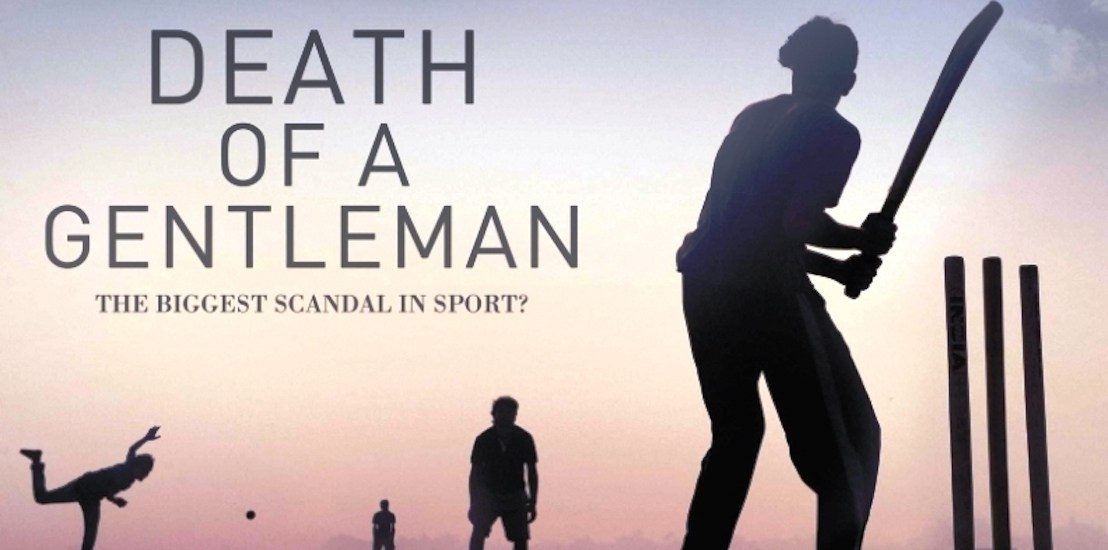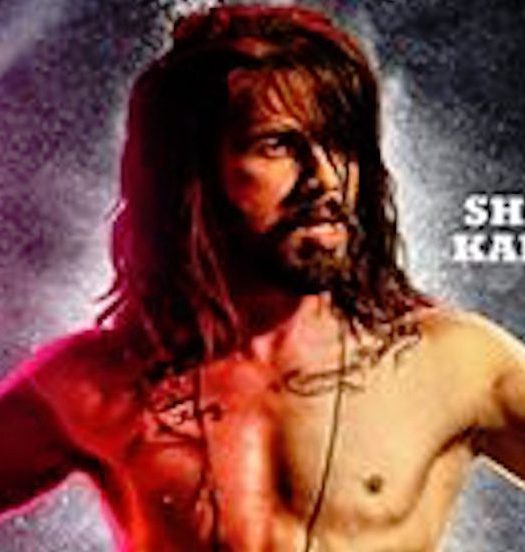Death of a Gentleman – An important message about Cricket
Cricket is a religion in India. People in India and all over the world are crazy about cricket and it has pretty much become a way of life for many fans. Over the years the charm of test cricket has been lost to the frenzy of Twenty20. Exploring this phenomenon, two cricket enthusiasts and journalists, Sam Collins and Jarrod Kimber set out to figure the future of test matches in the world of cricket. But what their investigation led to was something that they’d never expected.
In their documentary titled Death of a Gentleman, Collins and Kimber show us a reflection of how things take place in Cricket and urge every one of us to save the Gentleman’s game. The iconic and most talked about investigative journalism and controversial film is available digitally, for the first time in India, to cricket loving fans on a new innovative platform – TVFPlay Inbox Office by The Viral Fever.
Here are excerpts from our conversation with the duo.

Sam Collins and Jarrod Kimber (R-L)
How and when did the germination of this film happen?
Back in 2011 Jarrod and I were working at Test matches, doing our short videos, but we could see the game was in trouble, so we thought we might as well try and make a film about it to raise awareness. We knew the scope of the publicity and reach were far higher with a film than a book or an article, and that this was a problem that needed to be taken outside cricket’s relatively small, insular community and into the outside world. Fortunately that seems to have happened.
READ: TVF INBOX PRESENTS THE ICONIC DEATH OF A GENTLEMAN
What was the research that went into the film before you’ll started shooting?
Our original idea was pretty rubbish – I’m not sure how we ever raised the money to get on the plane. We were following the Australia – India series of 2011-12 (India lost 4-0), and we thought there was a lot there, the last time Ponting and Tendulkar would face off, the clash of Test cricket vs Twenty20 etc. At that stage the administration wasn’t our priority, we thought people would find it too boring. However, when we started filming, it quickly became clear that we couldn’t ignore it, and that IT was the story. Then it was a question of hanging in there for long enough until the story happened in a way that we could show on screen.
You met several cricketers during this film. Were they open to sharing their views and what was their stand on the issue?
Ed Cowan was quite outspoken about the way the game is run, but we didn’t include that in the film. Kevin Pietersen too, about the parts that affected him. Really though, guys like Chris Gayle and David Warner are out to play in the zeitgeist and make as much money as they can in the process. And why shouldn’t they? We are talking about 20-something, 30-something guys, they’re athletes not politicians, it’s a short career and they do things that people pay a lot to watch. In an ideal world they would stand up for Test cricket and to the men who were running the game into the ground, but that’s not realistic. Michael Holding talked to us about the parents and the children. The players are the children, and the boards were the parents. It’s sad that in cricket’s case the parents couldn’t be trusted.
READ – I GOT THREAT CALLS & HATE MAILS FOR MY FIRST DOCUMENTARY FILM

Chris Gayle in a still from Death of a Gentleman
What conclusion did you draw regarding the future of test cricket?
At the moment it is unappreciated by the administrators, under-marketed, lacking context and too often forced to compete with Twenty20. If it is forced to compete with Twenty20 then inevitably the market will win, but if it is given a fair chance by those whose job it is to protect it, then the qualities that have seen it survive for 140 years will see it through. The worry is cricket aligns itself totally to a young Indian audience for whom T20 is an entertainment product, and that in 10 years time they’ll have moved on to soccer or something else, and Test cricket will already be gone.
There were a lot of surprises in the film. Did you anticipate anything even close to what you investigated?
We could never have anticipated that we’d get to N Srinivasan, Lalit Modi and Giles Clarke, and that in their own way each of them would be so revealing, or that things would play out as dramatically as they did. It’s a shame that we needed something that was so terrible for cricket to happen to give the film an ending, a point where it’s clear to anyone watching that, whatever form of the game you love, cricket is not being run in the right way.
How was the experience of shooting this documentary? How did you’ll keep yourself motivated through the four years of filming?
Getting access to people – some of that is in the film, raising the money to keep it going – that was and still is a constant stress, and then learning how to make a documentary! Simplifying such a complex story with so many characters into a 90-minute film that non cricket fans could understand was incredibly difficult. And for most of the time that we were making it, we didn’t know that our eventual ending – the takeover of the game in 2014 – was going to happen. There were some low moments and sometimes we wondered if we’d ever finish it, but deep down we always believed in what we were trying to do. Now when we look back, we’re a bit sad that it is over, because it was a great deal of fun, incredibly interesting and there aren’t many things better than being on a journey to finishing something that you feel can make a difference to something loved by so many.
READ: 5 TRICKS TO MAKE AN IMPACTFUL DOCUMENTARY

N Srinivasan in a still from Death of a Gentleman
How did the association with TVF happen? Tell us about your views on the platform and how it can benefit the film?
It’s taken us a long time to get the film to India for various reasons, but we’re thrilled it’s finally happening, and our Indian Distributor (Runaway-Luminosity Distribution) has taken it to TVF because they feel it’s the best way to get it out to people. With a campaign film, that’s the most important thing – people watching. We think this is a film every cricket fan should see, and non cricket fans too.
READ: ONE CAN DEFINITELY CALL TVF THE NEW MTV IN THE COUNTRY – ARUNABH
Do you’ll plan to take the film to any other platforms/ festivals?
We’ll keep going because we want as many people – cricket fans – as possible to see the film so that they can understand what is happening to their sport, and non-cricket fans too because this is a story that is analogous to many other areas of life. We see everywhere that you can’t trust people to do the right thing when there is money around, you end up with corruption and inequality.
How you do plan on bringing about a change with your ‘Change Cricket’ campaign?
We’ve already done so in the UK – the film has had a Parliamentary screening and the English Cricket Board are being called before the government to explain their actions, while hopefully Giles Clarke will soon be out on his ear. In India the Lodha Commission watched it before their report on the BCCI that is helping to clean up Indian cricket, where N Srinivasan has finally been removed from power. Even the International Cricket Council has started using words like ‘Transparency’ and Accountability’ which can’t be a coincidence, but whether they match this with the reforms cricket needs is another matter. That’s why our mission is for as many fans to watch this film as possible – the more we understand the issues and hold those who represent us to account, the better things will become. So in a way it’s as much up to us – the fans, as the administrators. Help us #changecricket!
Any tips for those who wish to make a documentary?
Believe anything is possible. Choose a subject that people care about, and have the determination to see it through to the end, it’ll be worth it.



